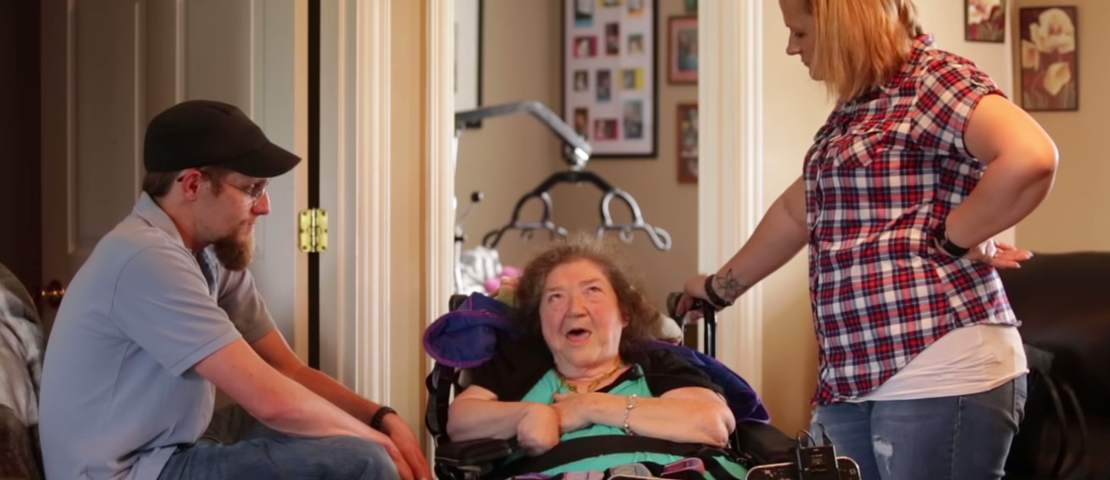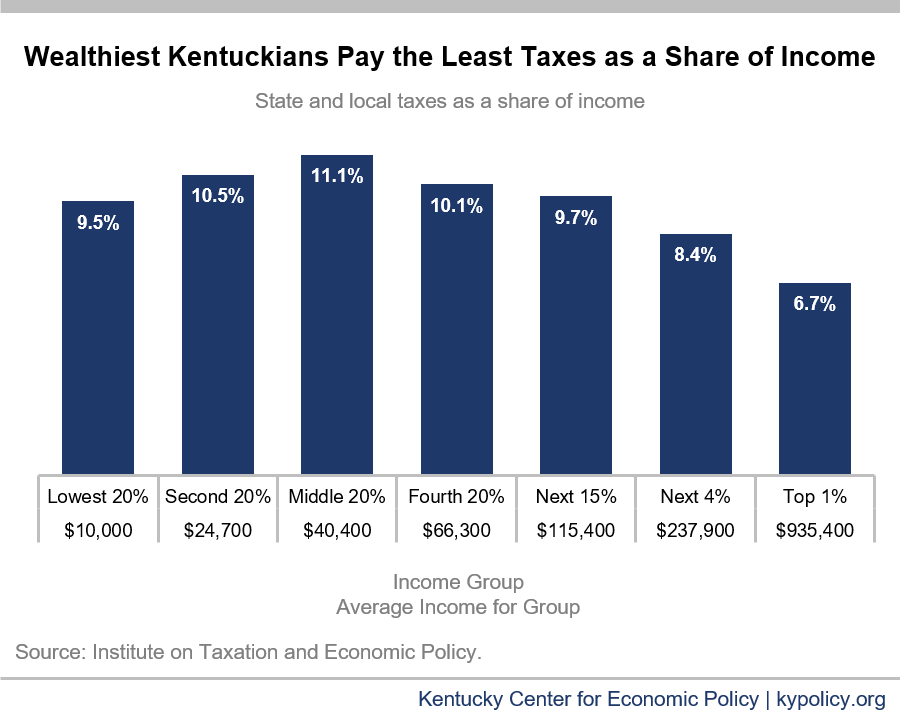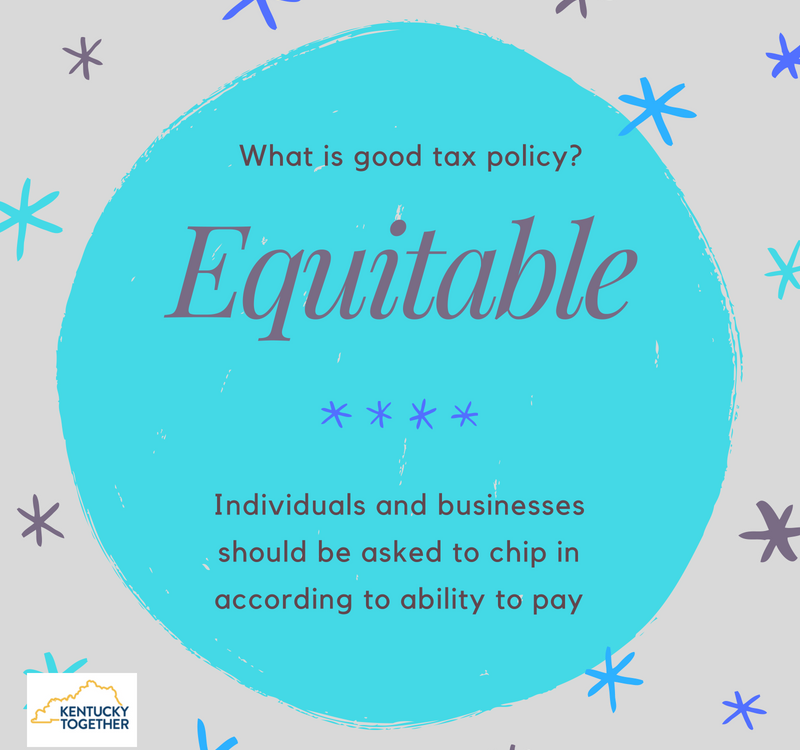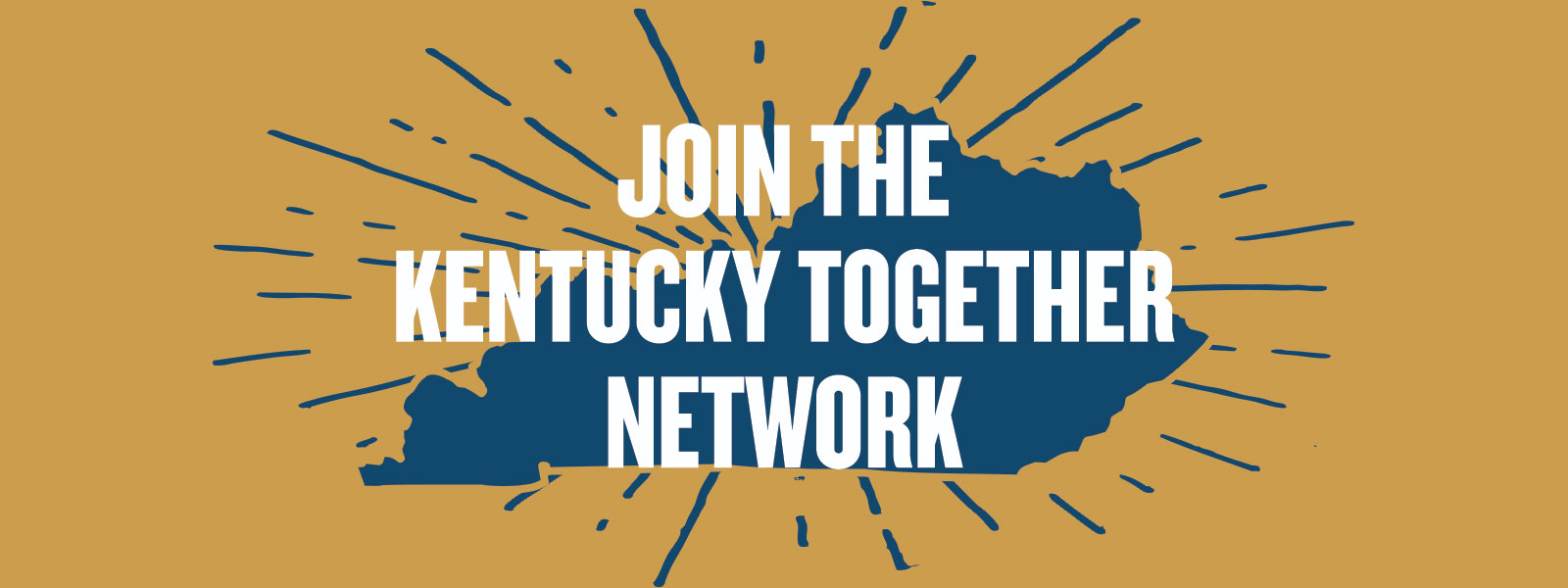Low Reimbursement Rates A Barrier to Thriving Communities

Waivers Help Build Stronger Communities
April 5, 2016
Support Program Helps Couple Build Thriving Community
September 22, 2016Low Reimbursement Rates A Barrier to Thriving Communities
The Supports for Community Living (SCL) Medicaid Waiver, funded through federal and state dollars, helps to increase the opportunities for a safe and full life for those in our community that need support to live independently. Most often the alternative to a waiver for those with intellectual and developmental disabilities is live in a restrictive facility such as a nursing home or institution. The SCL waiver not only improves the quality of life for individuals, it also costs the state 25 percent less than institutional living and adds to the fabric of our communities.
Direct Support Professionals, or DSPs, are the caregivers that help to support the most vulnerable in our population. DSPs are on the front line of helping to keep individuals with intellectual and developmental disabilities in our communities and out of institutions. DSPs possess a special skill set to both keep waiver participants safe, but to also guide them to a fuller and more included life.
But currently our system does not recognize the important work that Direct Support Professionals perform. Without DSPs supporting these individuals, the state will need to house and care for some individuals in the more expensive institutional setting. This will increase our costs and lower their quality of life. The reimbursement rate for the SCL Medicaid Waiver has not increased since 2004, meaning providers have little choice in how to budget in providing these services.
It means the DSPs have remained at or close to minimum wage, despite the difficult and specialized job they perform. And that means it is tough to stay in the field with little chance of advancement or raises.
It’s time to invest in the people that serve our most vulnerable citizens by increasing the state’s investment in Medicaid waivers by recognizing the true cost of offering these vital, life-changing services.






